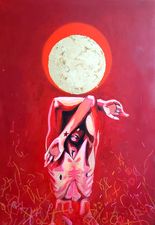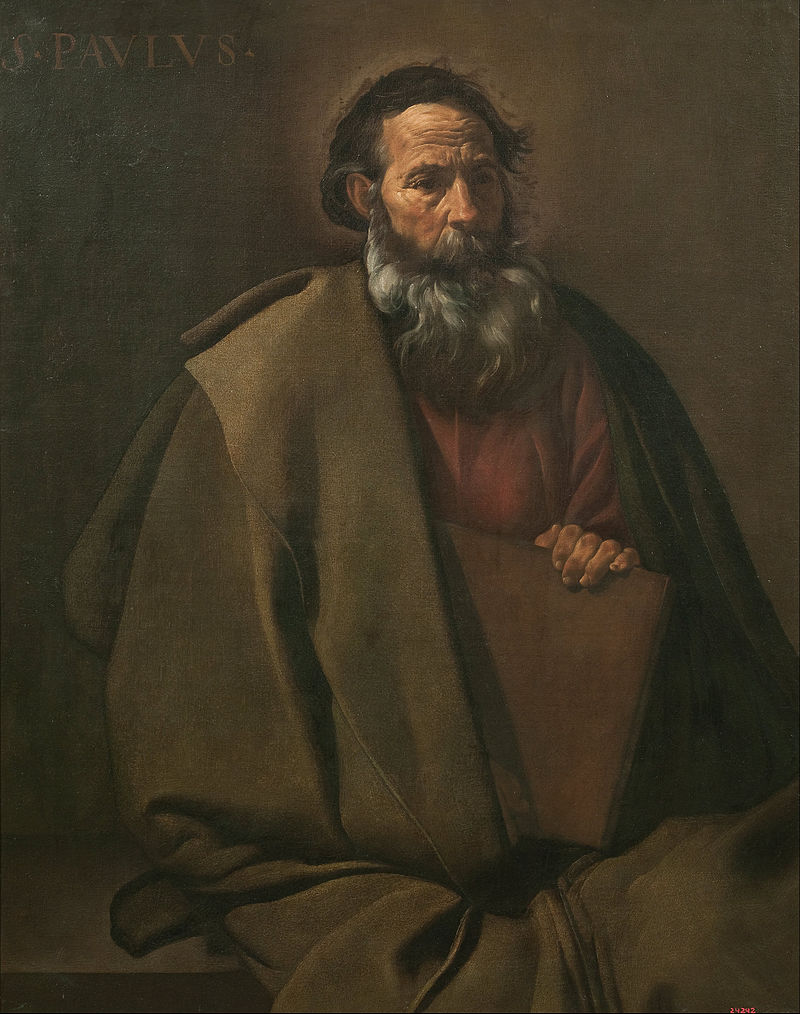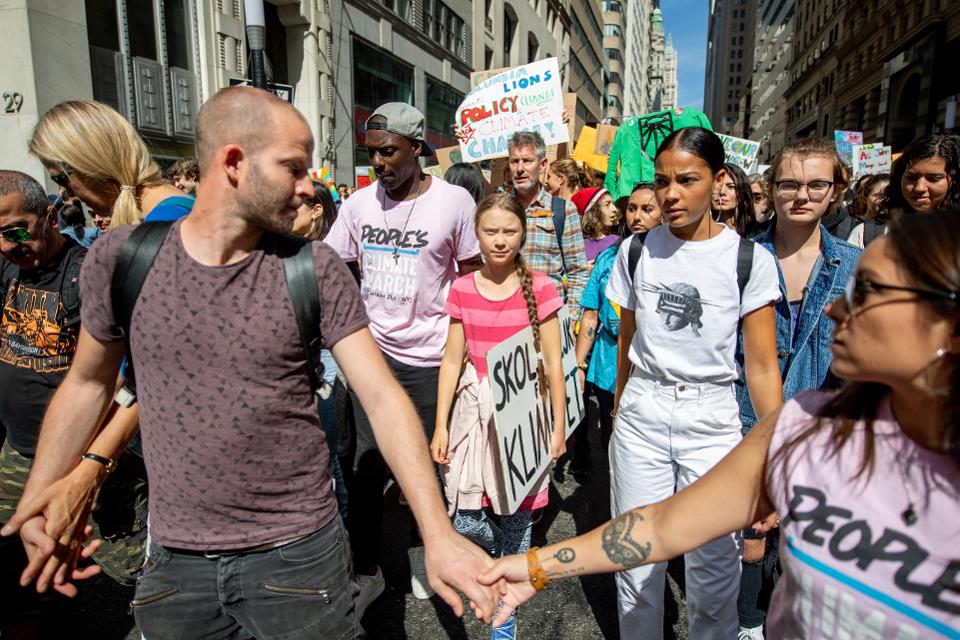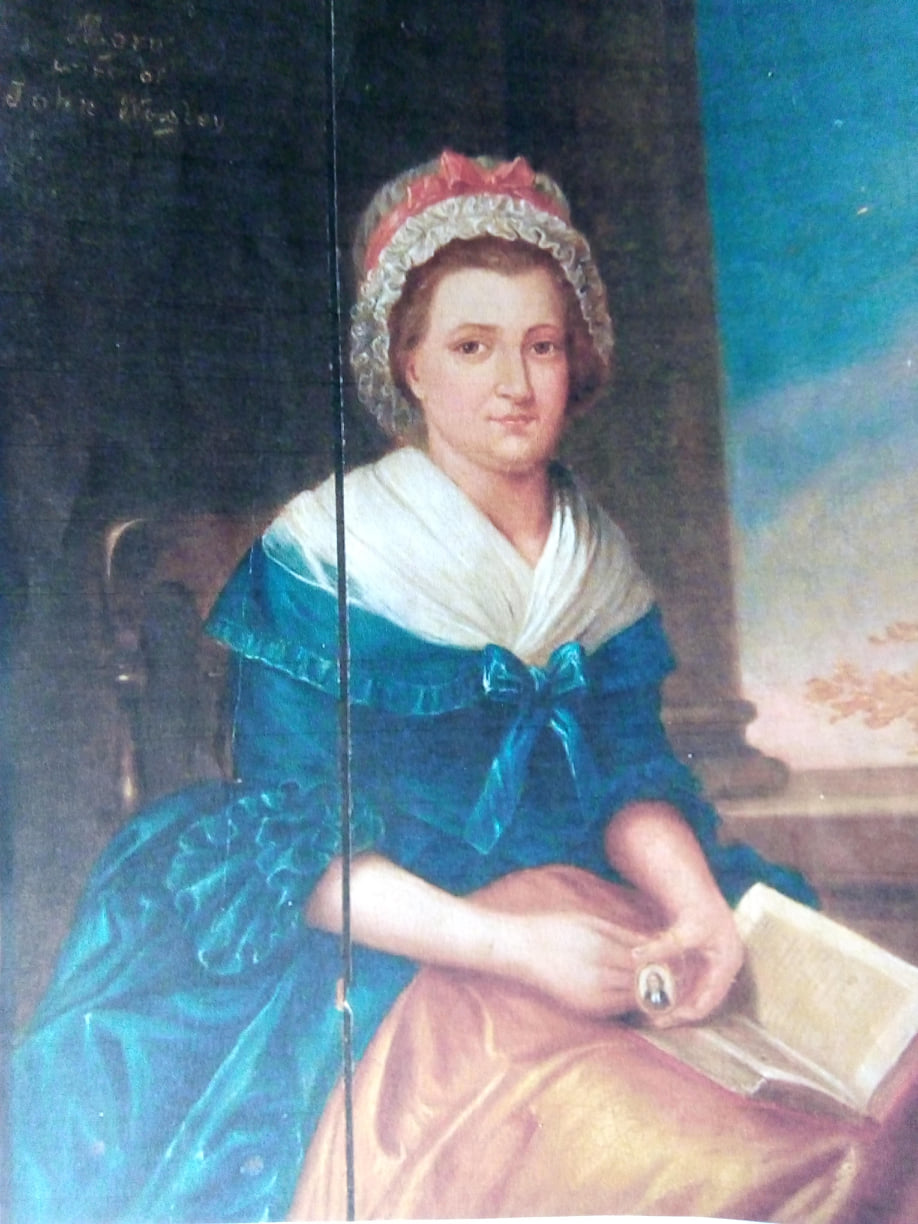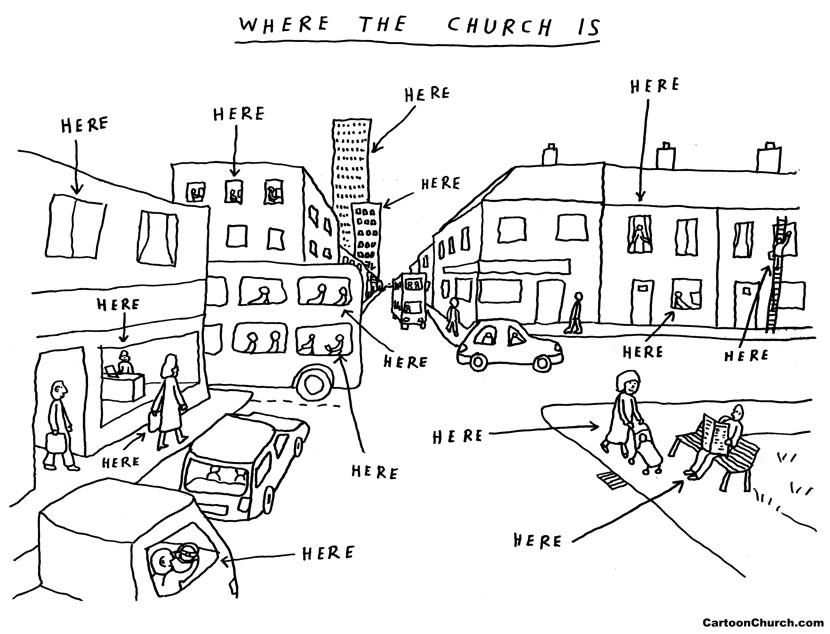I came into the church as a teenager with no background in Christianity or any kind of religious framework in my upbringing. However, I had always had a sense of something beyond that was drawing and beckoning me out of my limited self. The Christian faith gave me a framework to understand and nurture that sense of beckoning. In time …
Losing your keys
It’s Wednesday morning and I decided to read the chapter on lost keys one more time before sitting down to write this blog. I read the chapter and decided to mull over what the author has written regarding how the un-pretty side of her emerges when the ordinary daily routine is interrupted, held up or completely changed. She speaks about …
St Paul – Prophet, Influencer
Hi folks here is this weeks blog… This weeks blog comes from Noreen, looking at St Paul: All of you, I’m sure will have some insight into the life of St Paul, and his influence on the early Christian church. Travelling around Europe it’s difficult to avoid him, in the statues and references to his presence there. In Rome his …
Eva Peron aka Evita… Prophet… Influencer?
Hi folks, I hope you are well, this week we are meeting at new venue to try it out… The Dolphin Pub, on King Edward Road, NE30 2SN. Hope to see you there from 8.00pm. This weeks blog is written by Sue. Maria Eva Duarte was born in 1919, the youngest of five children. Her father was a wealthy man …
Greta Thurnberg
About 9 years ago, in a classroom in Stockholm, a quiet schoolgirl was taught about climate change. She and her classmates were encouraged to recycle, and switch lights off, and the curriculum moved on. Disoriented, she did not move on. If what had been said was true, why wasn’t anyone doing anything? Why did people around her act as though …
What is Truth?
Hi everyone 👋🏼 this Sunday we are meeting at the Crescent club at 8pm. Peter Johnson has written this weeks blog: This blog arises from a rather bruising discussion I had a few months ago. Things got really heated when I suggested that reason cried out that not everything in the Bible should be taken literally. That inconsistencies existed and were to be …
Feet of Clay
Hi folks, i hope you are well, this week we are meeting at 8.00pm in the upstairs room overlooking the bay at the Crescent Club. This week we continue to think about the saints of old and i’m thankful to Noreen for writing this for us. I’ve recently been researching the life of John Wesley, the founder of the Methodist …
A Pair of Jeans…
Hi folks, hope you are ok… this week we are meeting back at the Crescent Club, 8.00pm for those who are around. This weeks reflection comes from Stephen… thanks mate! Having watched a documentary on the environmental consequences of fashion as well as the economic impact of fast fashion I have been struck by what we buy has a massive impact …
Is the church relevant in today’s world?
Hi folks, I hope you have managed to stay cool in this fab weather! This week we will be meeting at 8.00pm at the Quarry Pub on the Broadway, we hope to see you there. This week we have a guest blog from John Morley. The month of August will be a laid back month, we will be continue to …
Shared Interest…
Hi folks, this week we are meeting at Hugos in Tynemouth, meeting from 8.00pm. This weeks reflection comes from Martin. Shared Interest: the Art of Enabling Hot topics’ in recent years in the news have included: The environment and threats to it. A decade of austerity after the Lehmans-triggered crash (we’ll leave a critique of free capitalism for now!) The …
